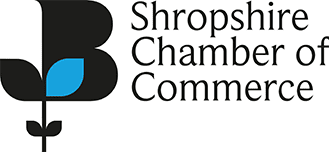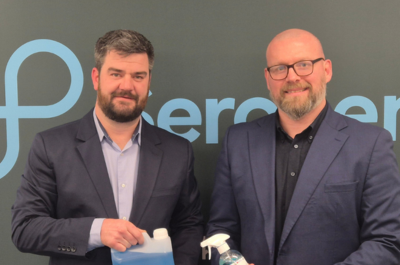The Covid-19 crisis has led to a great level of financial distress for individuals across the Shropshire region and beyond, but to help relieve some of this pressure, the Government has introduced new regulation in the form of the Debt Respite Scheme - otherwise referred to as ‘Breathing Space’.
The scheme came into force on 4 May 2021 and is designed to give legal protection to individuals who are in problem debt. It gives those facing financial difficulties ‘Breathing Space’ to receive debt advice, allowing them to get their finances back on track.
Businesses need to be aware of these new laws as it may impact customers that currently owe money to them, effectively granting each eligible individual a temporary protective shield that companies cannot then bypass.
The introduction of Breathing Space comes after the Money Advice Service estimated that 8.3 million people in the UK are in debt, with the impact of the pandemic meaning 4.6 million people had accumulated over £6 billion worth of debt and arrears by May 2020.
There are two types of Breathing Space available to individuals who owe money. The first is Standard Breathing Space, which provides a debtor legal protection for up to 60 days and includes freezing charges and certain interest on debts, along with pausing enforcement action and contact from creditors.
The second is mental health crisis Breathing Space. With this, debtors are provided with protection throughout the entirety of their mental health crisis treatment, plus a further 30 days. To be eligible for this protection, debtors will need to obtain evidence from an Approved Mental Health Professional (AMPH), certifying that they are receiving mental health crisis treatment.
Creditors must adhere to certain responsibilities if Breathing Space is invoked by an individual, and it's crucial that businesses understand what they can and cannot do. Once a debtor has successfully applied for Breathing Space, their details will be added to an electronic register by the Insolvency Service.
A notification will then be sent either by email or by post and creditors must follow the protection from the date they receive notification. This means that any enforcement or recovery action being taken for any interest, fees, penalties, or charges must be stopped for the duration of the Breathing Space. Any enforcement or recovery action to recover the debt (including any appointed agent) must also be stopped and contacting the debtor to request payment for the debt is prohibited unless permission is granted by the court.
Creditors will be notified when a Breathing Space comes to an end and this could range from between 30 and 60 days. If the Breathing Space was revoked by a debt adviser or by the court, creditors will be notified of the reason why.
From the date the Breathing Space ends, creditors can re-start applying interest, fees, penalties, and charges to debts. Creditors can also continue with any formal enforcement action to collect debts. However, it is important to note that creditors cannot apply interest, fees, penalties, or charges which would have accrued during the Breathing Space period, unless the court allows.
As a relatively new form of protection, so far there is little evidence of creditors falling foul of Breathing Space, but any business should check whether it has been applied when chasing debt. Any attempts to collect payments during a period of Breathing Space could lead to penalties for the creditor, although the severity of any potential penalty is yet to be confirmed.
If you’re an individual in need of advice on Breathing Space, or a business looking to understand more about how the new legislation works, please contact me directly and I’d be happy to help.
Mark Davies












Latest News